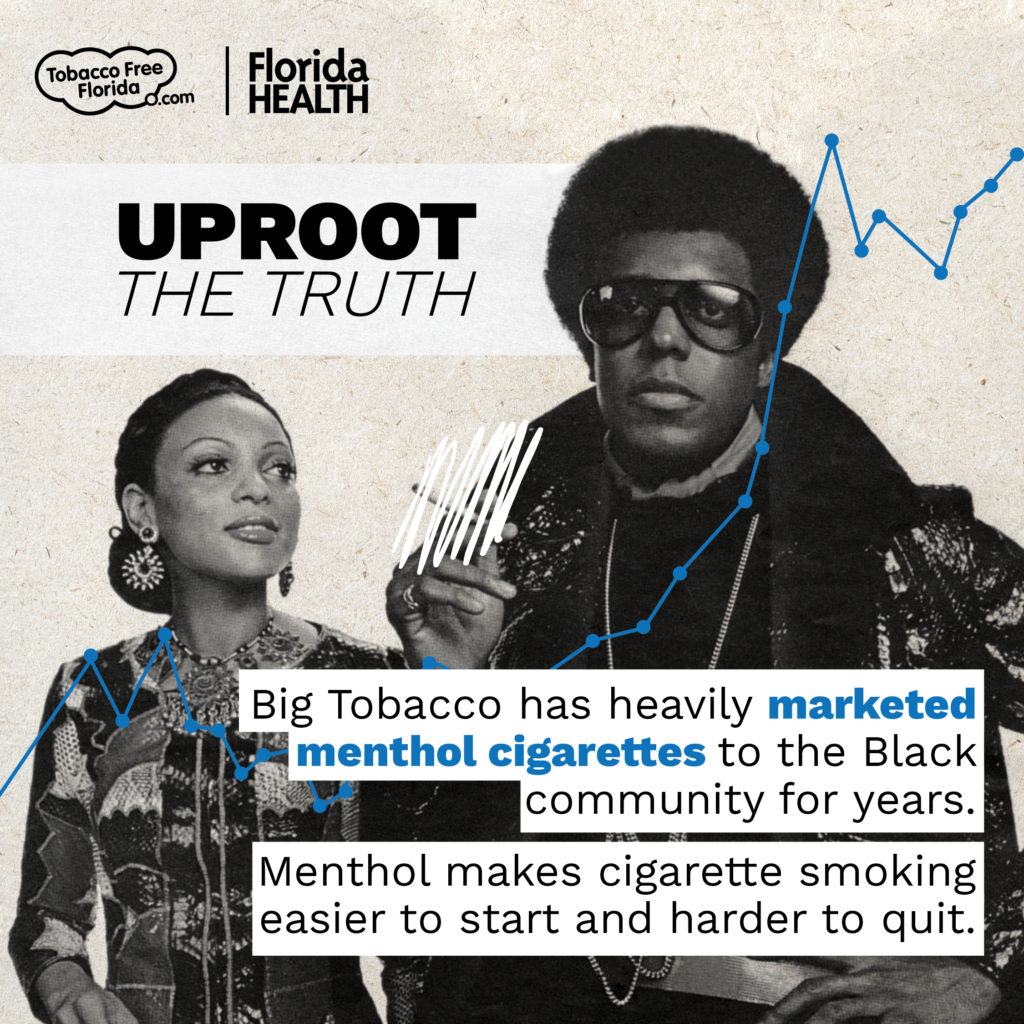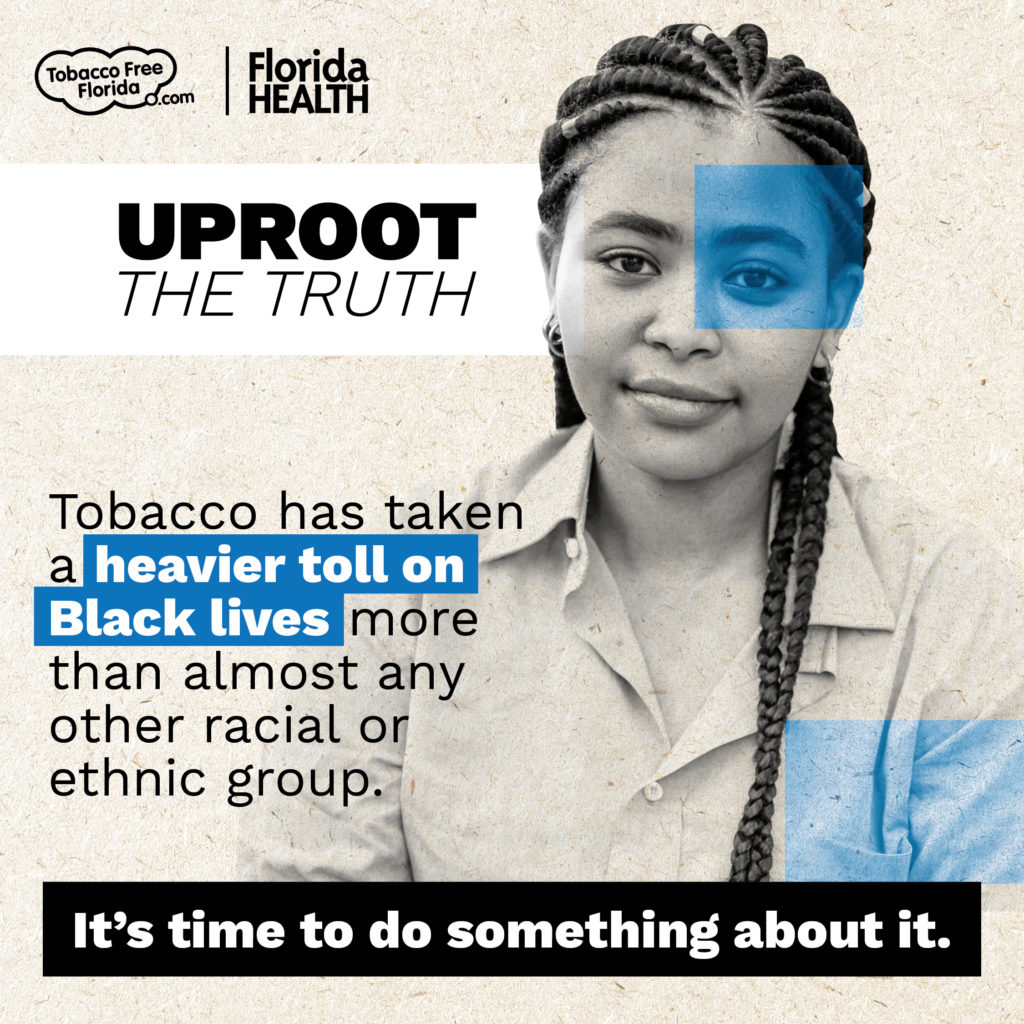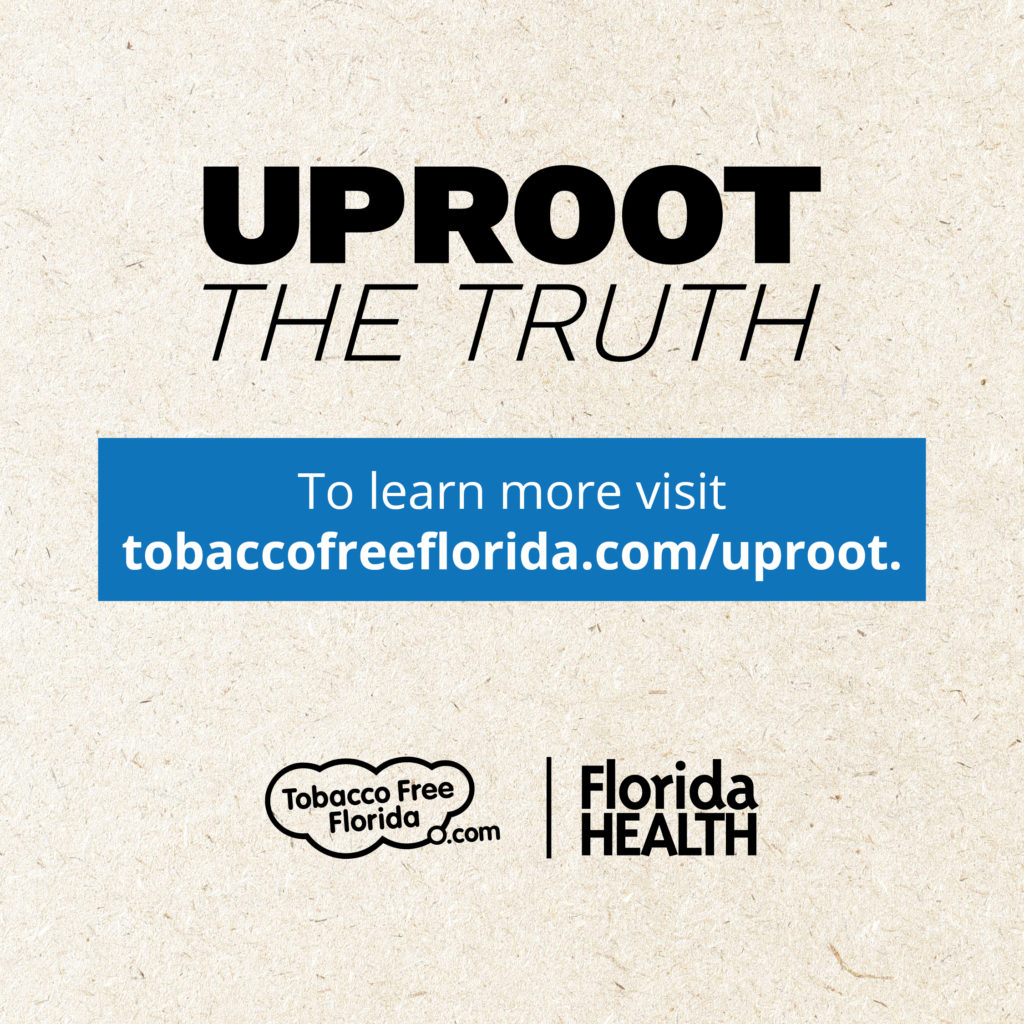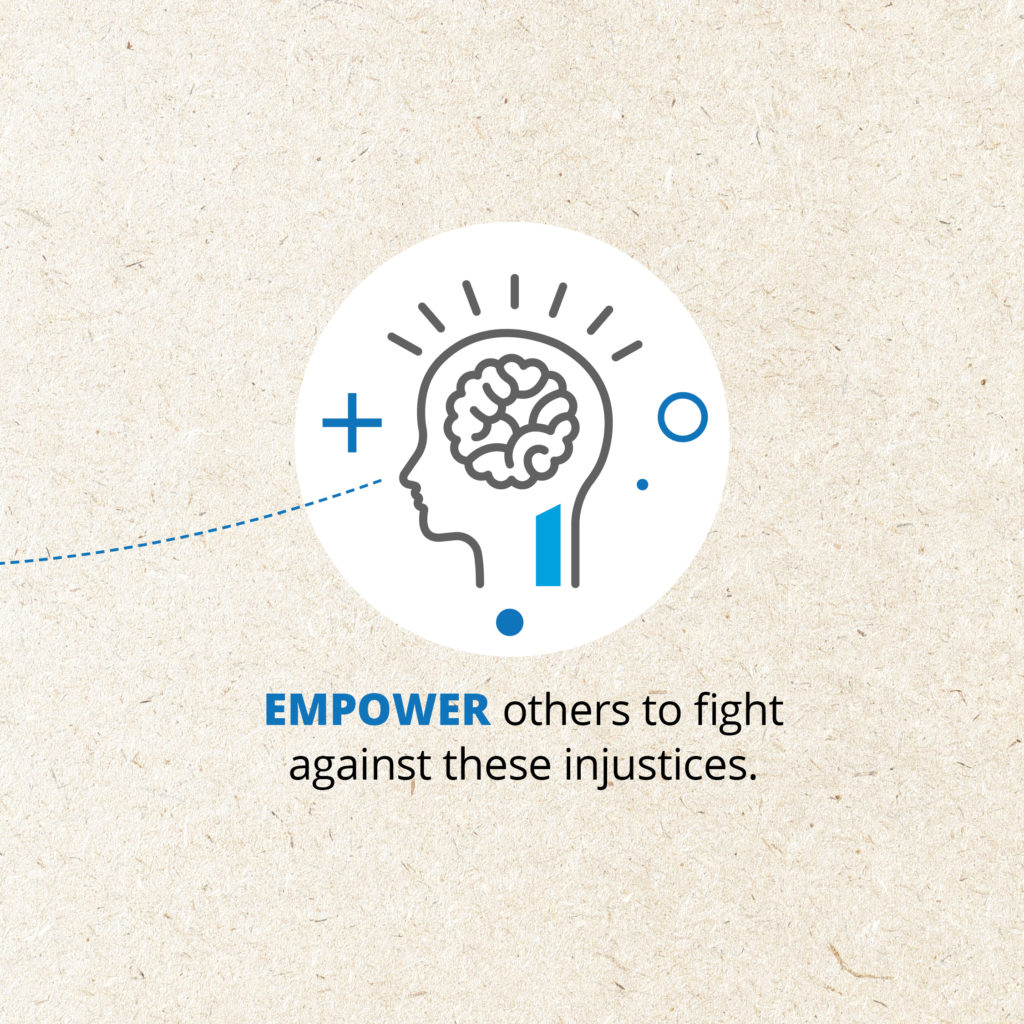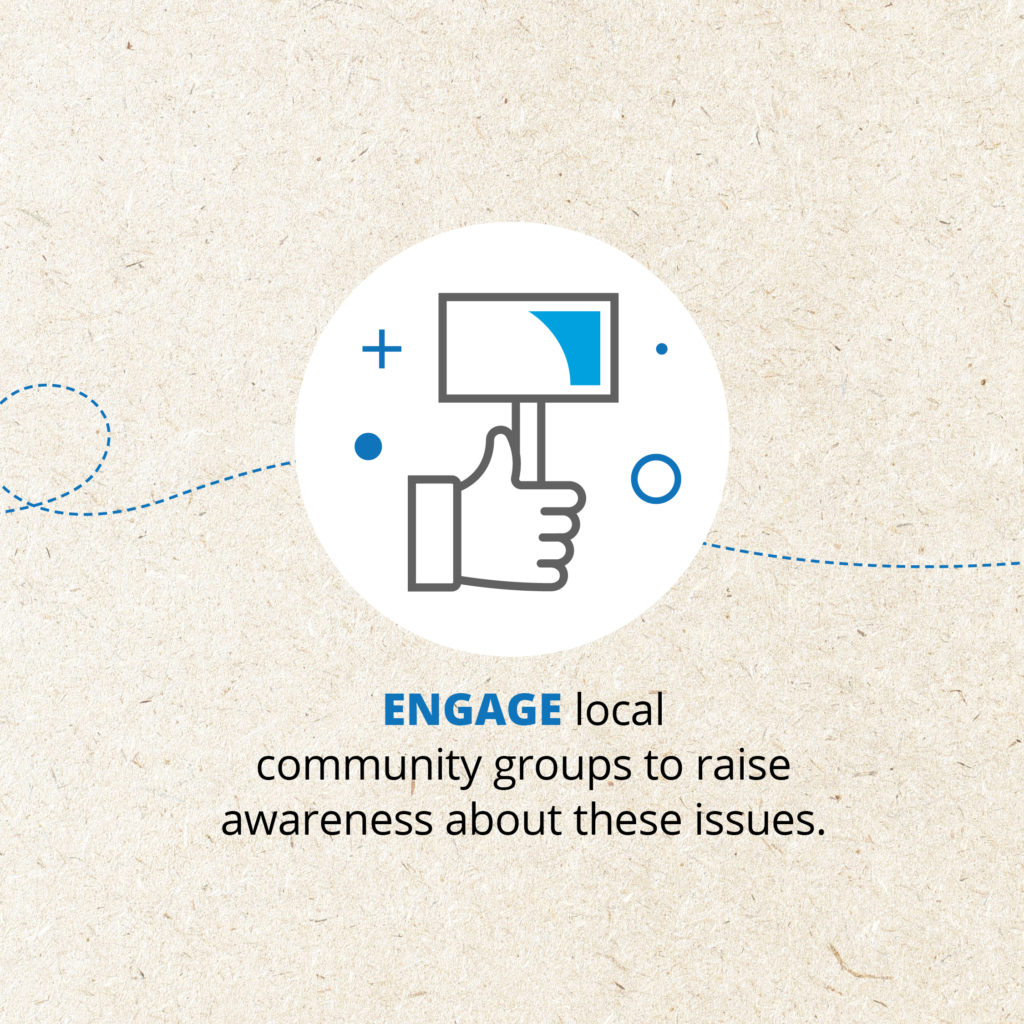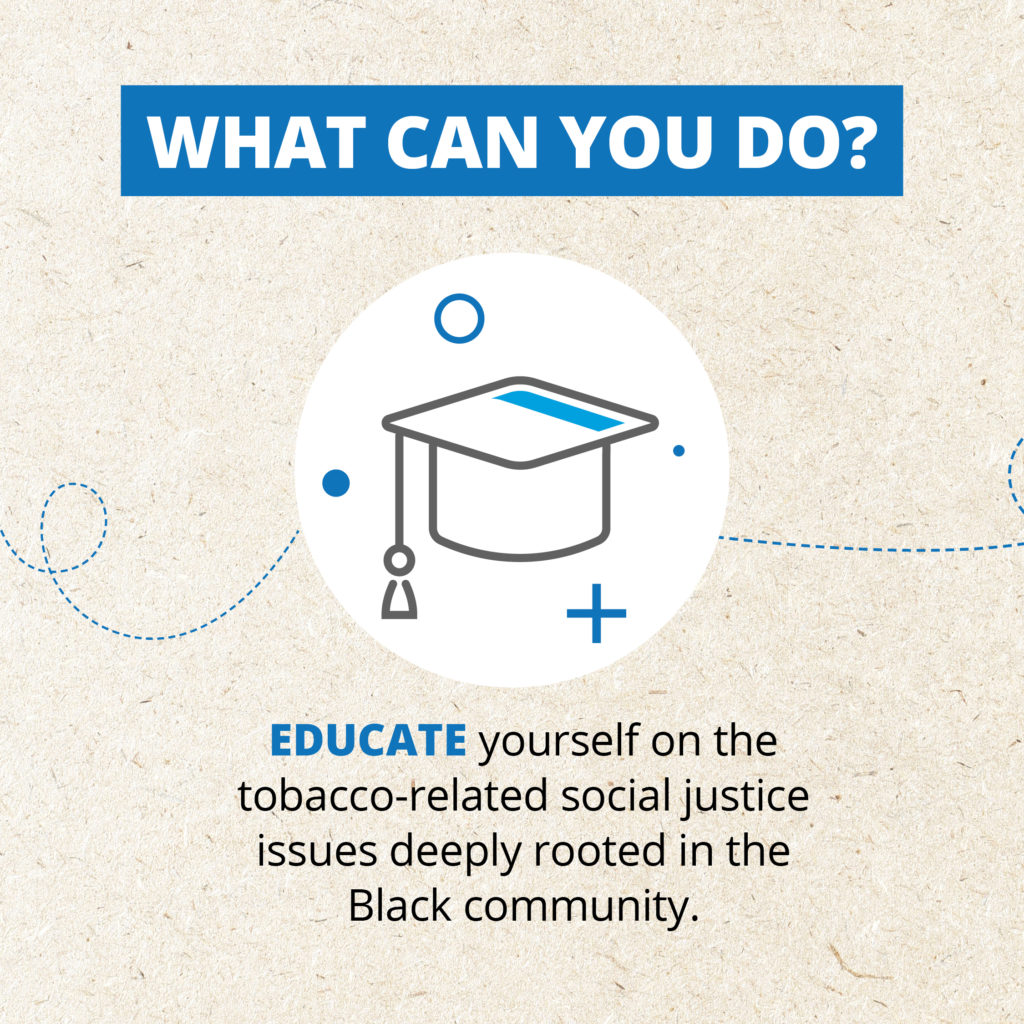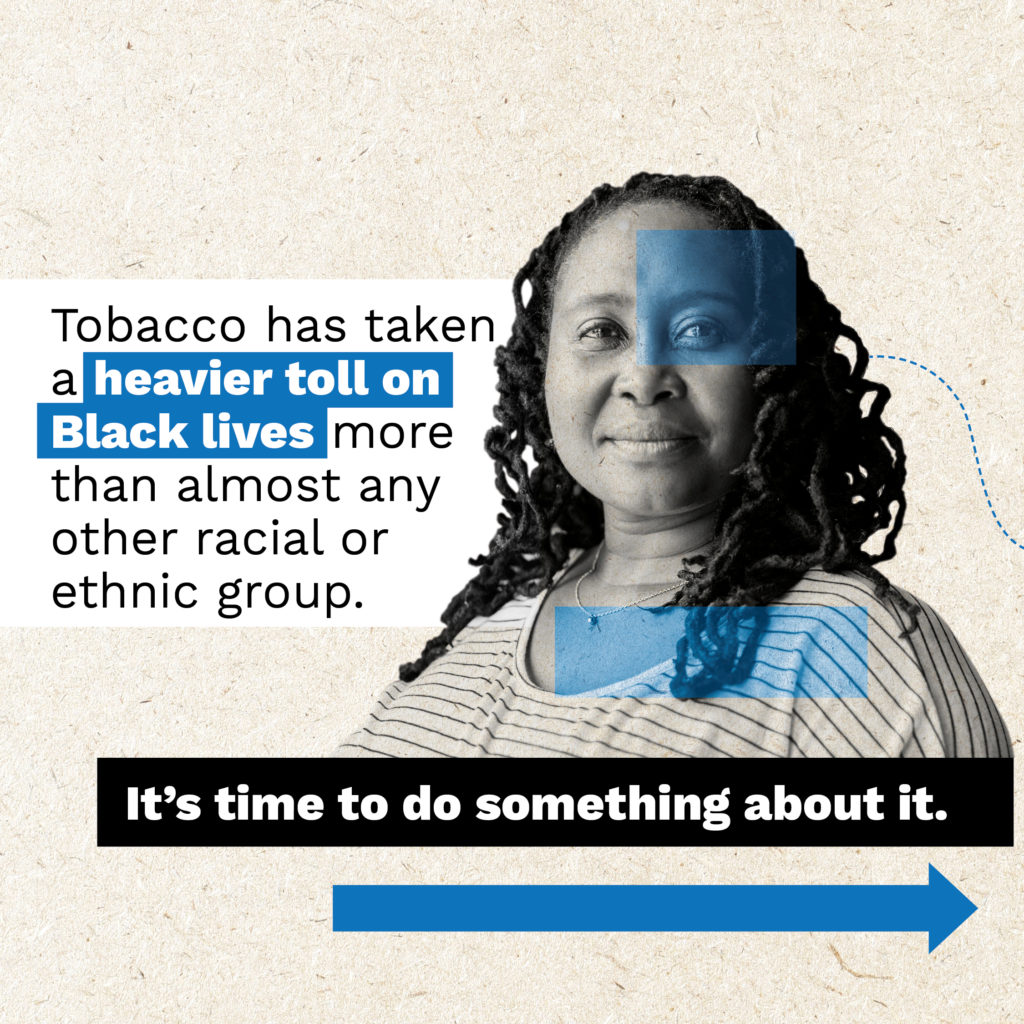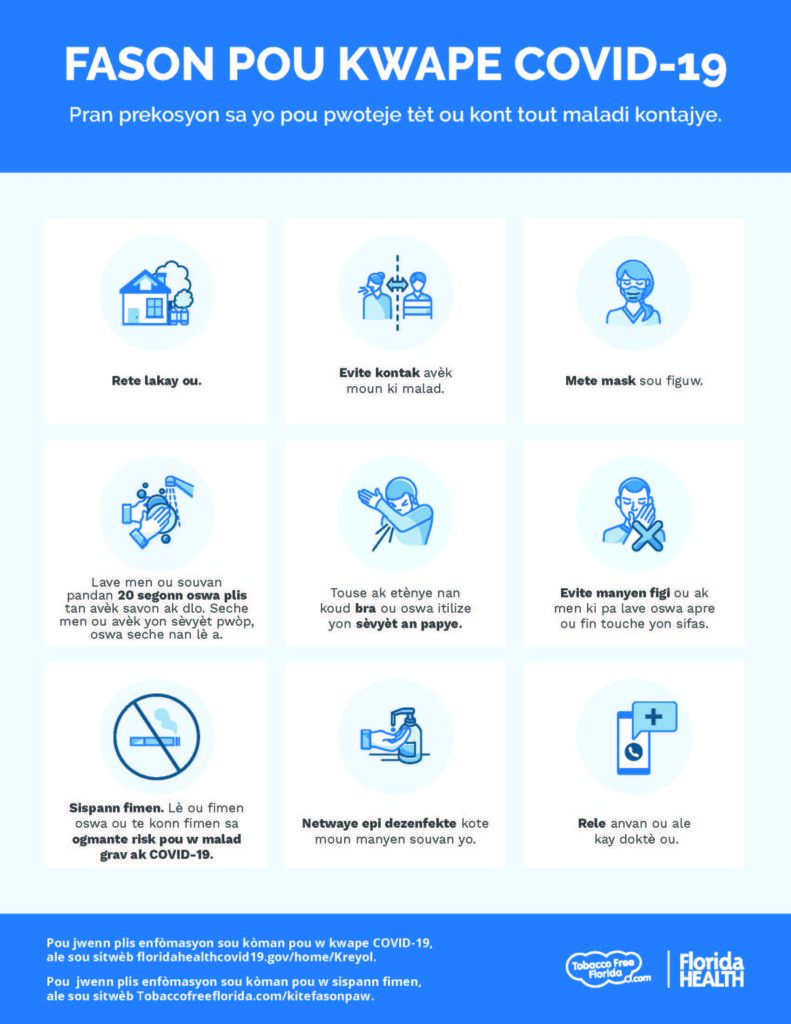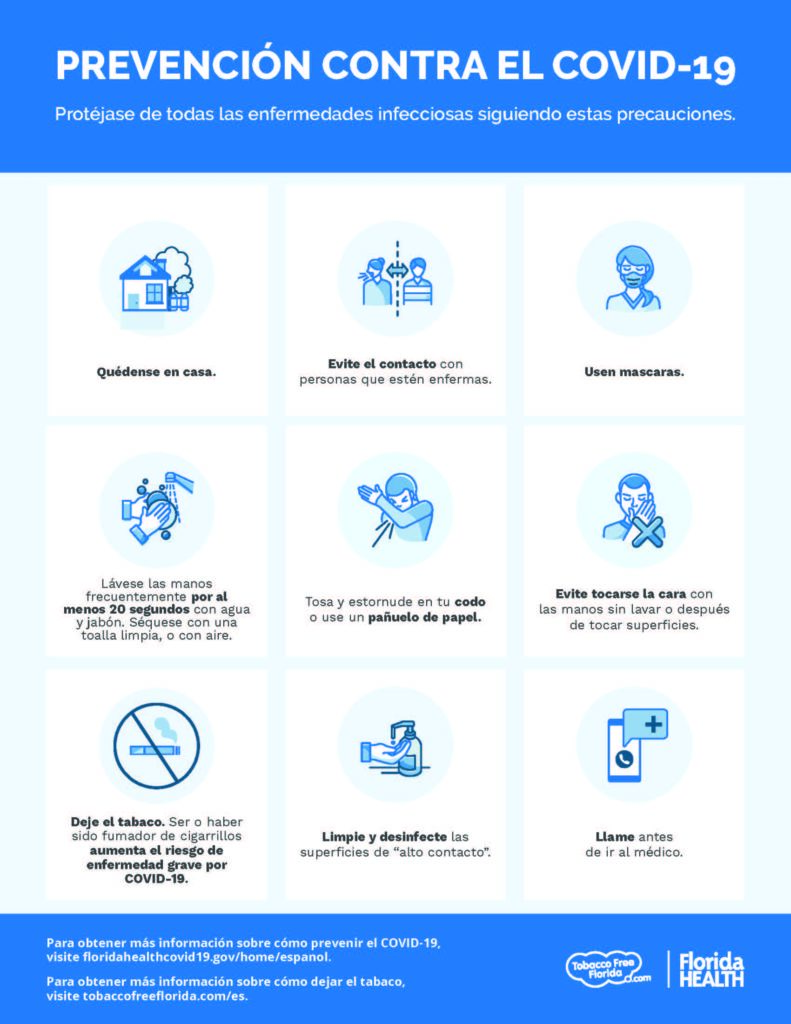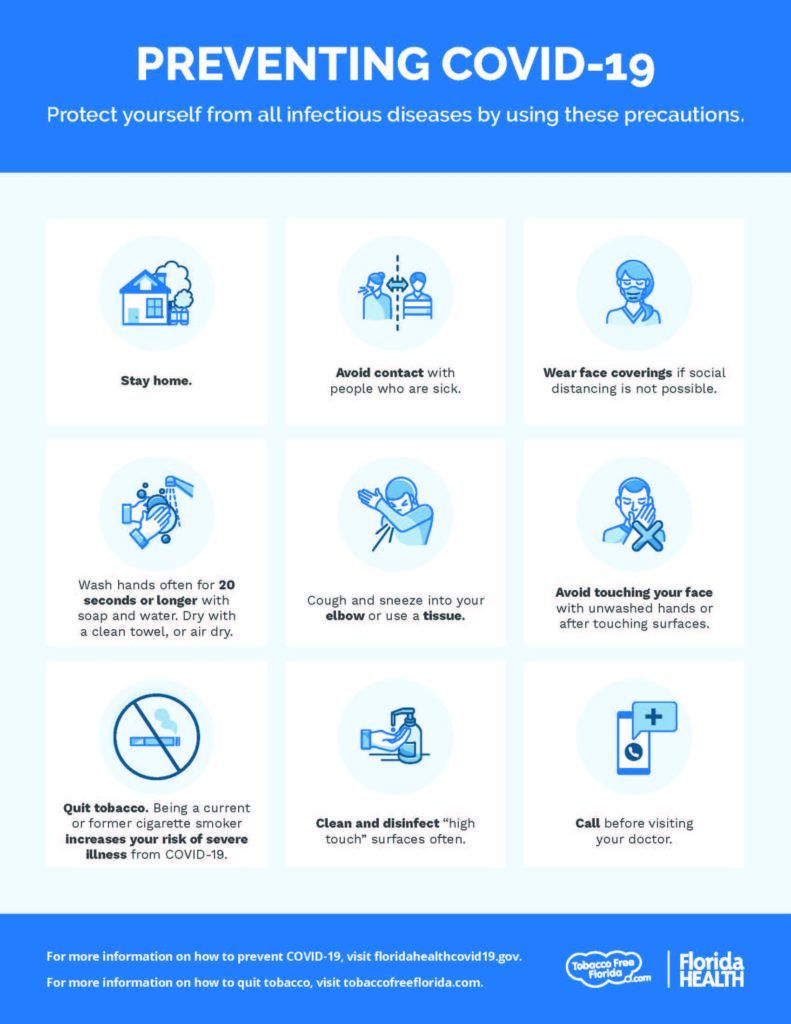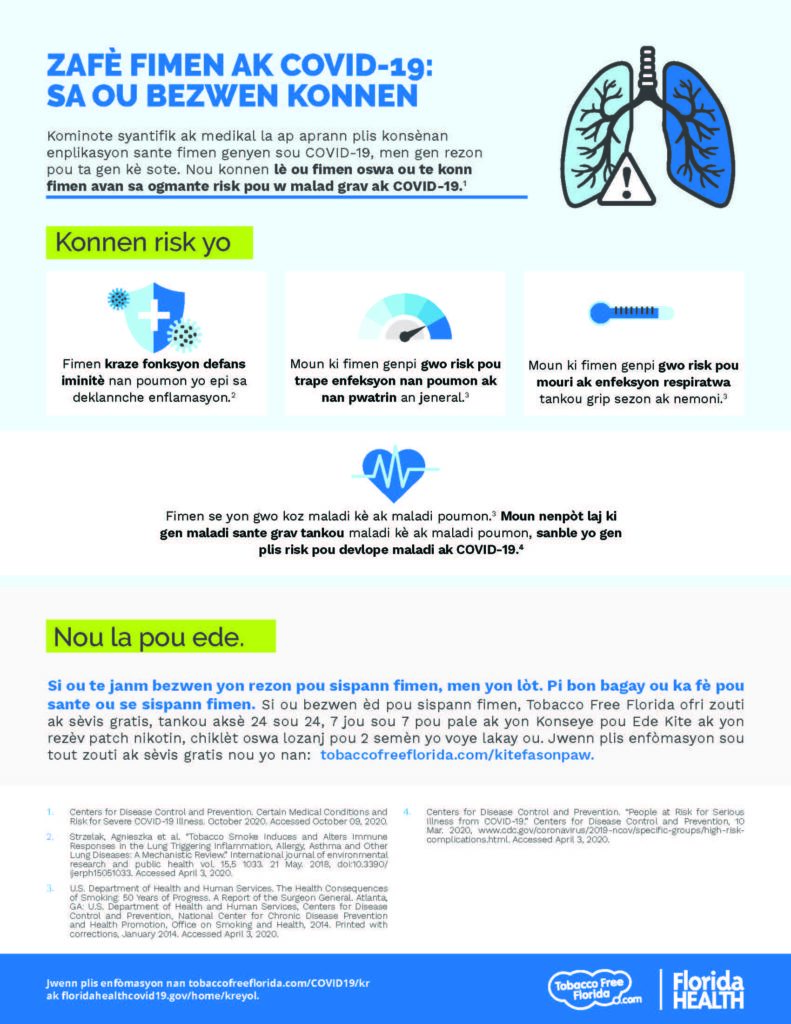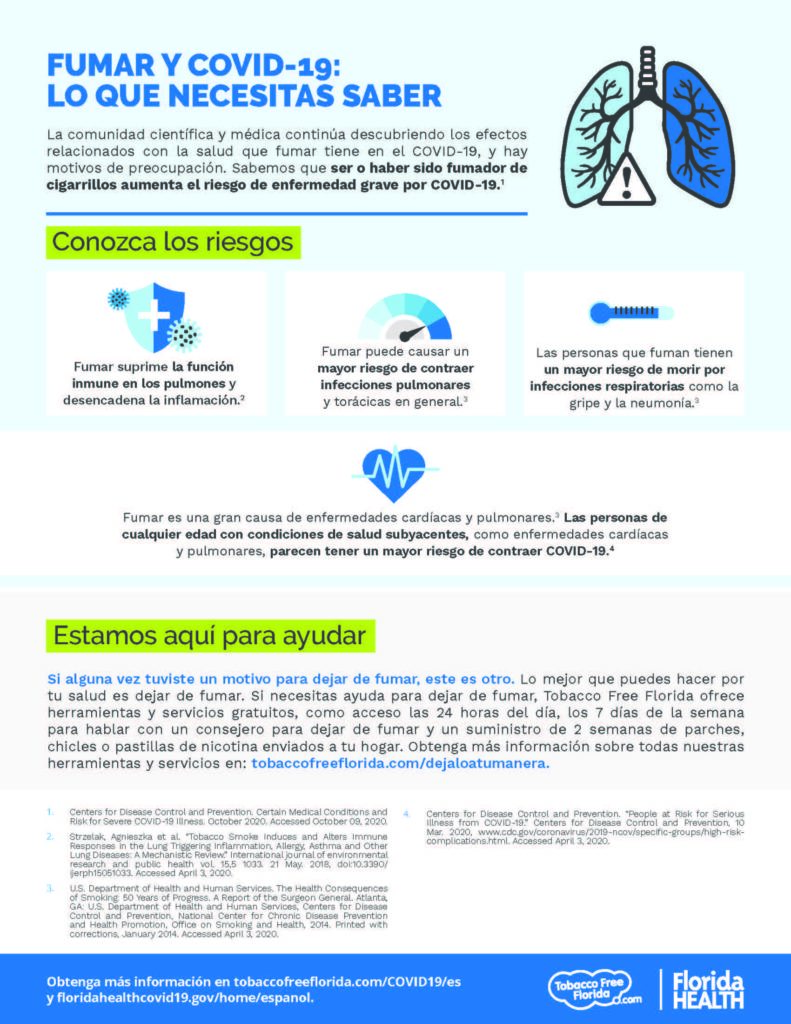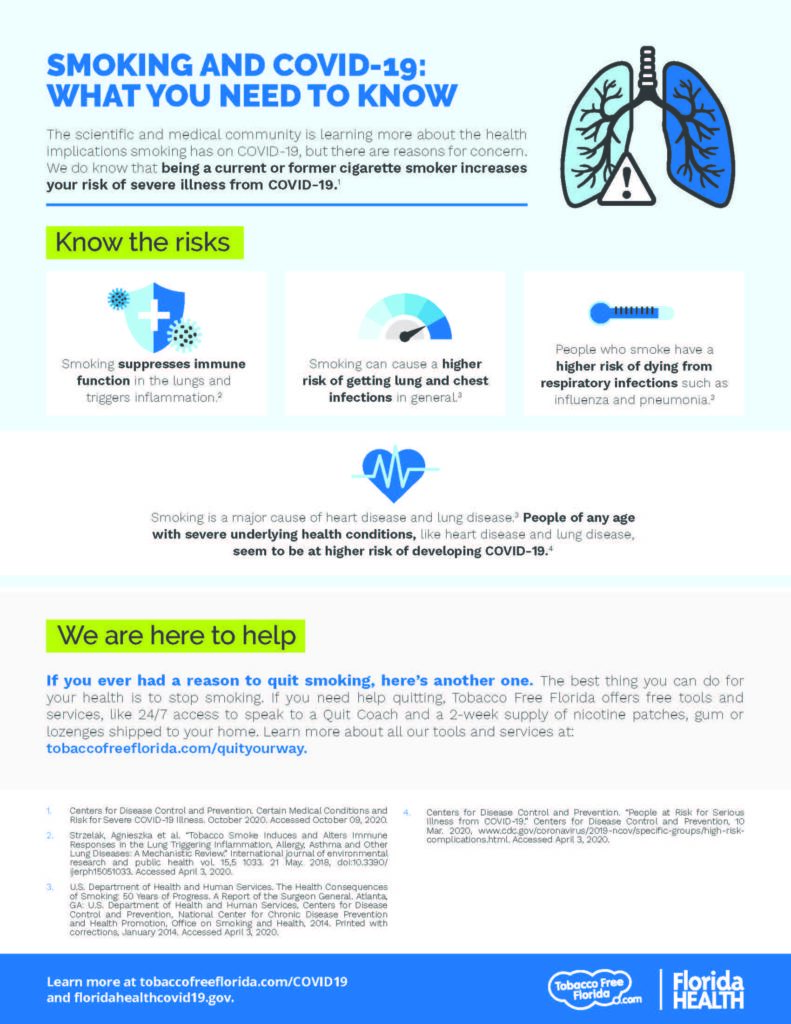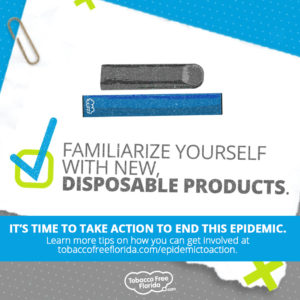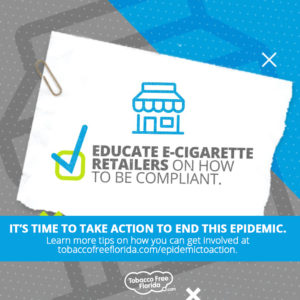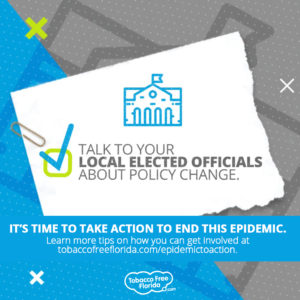Tobacco 21 legislation implementation and what it could mean for you.
On October 1, 2021, Florida implemented a new statewide law raising the minimum age to purchase tobacco and nicotine products from 18 to 21 years of age.
The move brings Florida in line with existing federal laws. It is also an important step for public health. Research shows raising the legal age to buy tobacco and nicotine can reduce the number of youth and young adults who start smoking, showing immediate health benefits, and decreasing the eventual number of smoking-related deaths.[1]
Many believe that smoking is an adult choice, yet nearly nine out of 10 smokers in the U.S. start by the age of 18.[2] For those youth who are “experimenting” with tobacco, nicotine addiction quickly sets in and they find themselves unable to quit. This is why reducing tobacco initiation among people under the age of 21 is a key step in addressing overall smoking rates.
This one change will be a major step in the ongoing public health work to address the leading cause of preventable death and disease in the U.S. [3]
Nicotine can also do serious damage to the developing brain. Adolescent brains are more vulnerable than the brains of full-grown adults, and continue formation up to the age of 25. Studies show nicotine use before that point can reduce impulse control, cause attention and cognition problems, and worsen mood disorders.[4] Nicotine is highly addictive, and also increases the chances people become addicted to other drugs later in life.[5]
The new “Tobacco 21” policy also covers e-cigarette sales. Like traditional cigarettes or smokeless tobacco, the legal minimum age to purchase any e-cigarette in Florida is now 21.
With predatory marketing on social media and enticing kid-friendly flavors, e-cigarette brands have recently seen significant increases in use in Florida schools and among our state’s youth. The 2020 Florida Youth Tobacco Survey showed more than 1 in 3 (36.5%) of Florida high school students have tried an e-cigarette, and more than 1 in 5 (21.6%) have used one in the last 30 days.[6]
The new state law includes an exemption for military personnel who are on active duty and at least 18 years of age.
Under the new Florida law:
- If anyone under the age of 21 is caught with tobacco or nicotine devices, they may face a penalty of either 16 hours of community service or a $25 fine.
- They must also go to a school-approved anti-tobacco program if one is locally available.
- If they are cited again within 12 weeks, they will be subject to additional $25 fines.
- Failure to complete the community service or address the fine could result in a suspension of their driver’s license for 30 days.
The change is designed to help prevent young people from starting to smoke. It is also meant to encourage young people who may have started to consider quitting. If that’ is you, know that Tobacco Free Florida has several free resources to help you quit.
INFORMATION FOR RETAILERS
SB 1080, the new regulation that sets the minimum age to buy tobacco and nicotine products at 21, comes with some new restrictions on retailers that sell tobacco and nicotine products like cigars, cigarettes, or e-cigarettes.
While the Florida Department of Business and Professional Regulation is your source for specific licensing questions, procedures, and updates, briefly there are several important things to know about the changes as of October 1, 2021.
- E-cigarettes and any other products related to nicotine vapor are now categorized as “nicotine dispensing devices.”
- A retailer selling nicotine dispensing devices must apply for and receive a nicotine products permit. However, the permit and the application are free.
- Locations already permitted to sell tobacco products do not need to apply for the additional new permit.
- Selling tobacco or nicotine without a permit could result in a fine and suspension of the permit.
- As with tobacco, nicotine dispensing devices cannot be sold by automated vending machines in Florida. Any machine must be manually controlled by a store clerk, and be designed to sell only one item at a time, to a customer with an approved ID.
- To qualify as a reliable nicotine products dealer, the dealer must have a system in place to train workers on the use and sale of nicotine products. This training must include:
- Laws covering the sale of nicotine products.
- How to recognize and handle customers under 21 years of age.
- How to properly examine IDs.
- How to use electronic age verification systems at point-of-sale, where available.
- The person selling the item is exempted from risk of fine if the customer presented false evidence of age (e.g., a fake ID), could reasonably have been assumed by appearance to be over the age of 21, and the ID was checked correctly.
- If the store owner has the appropriate permit and training programs in place and has no knowledge of the sale of the product to the minor, the owner’s liability may be waived.
- A sign must be posted, in a clearly visible area, including messaging that states the point that: SALE OF NICOTINE PRODUCTS OR NICOTINE DISPENSING DEVICES TO PERSONS UNDER THE AGE OF 21 IS AGAINST FLORIDA LAW. PROOF OF AGE IS REQUIRED FOR PURCHASE.
- A calendar or other similar signage must also inform the customer that IF YOU WERE NOT BORN BEFORE THIS DATE (insert date and applicable year) YOU CANNOT BUY TOBACCO PRODUCTS, NICOTINE PRODUCTS, OR NICOTINE DISPENSING DEVICES.
- In addition to potential fines and revocation of license for the businesses, anyone under 21 years of age found in possession of tobacco or nicotine products is subject to a fine of up to $25 for the first offense or required to perform 16 hours of community service. The offender will also be required to complete a school-based tobacco education program, if locally available.
The above is not an exhaustive list of all applicable regulations and is subject to change. It is intended to serve as an introduction and examples to how the new Tobacco 21 law will be implemented across the state.
[1] Institute of Medicine. 2015. Public Health Implications of Raising the Minimum Age of Legal Access to Tobacco Products. Washington, DC: The National Academies Press. https://doi.org/10.17226/18997.
[2] U.S. Department of Health and Human Services. The Health Consequences of Smoking —50 Years of Progress: A Report of the Surgeon General. Atlanta, GA: U.S. Department of Health and Human Services, Centers for Disease Control and Prevention, National Center for Chronic Disease Prevention and Health Promotion, Office on Smoking and Health, 2014
[3] U.S. Department of Health and Human Services. Smoking Cessation. A Report of the Surgeon General. Atlanta, GA: U.S. Department of Health and Human Services, Centers for Disease Control and Prevention, National Center for Chronic Disease Prevention and Health Promotion, Office on Smoking and Health, 2020.
[4] U.S. Department of Health and Human Services. E-Cigarette Use Among Youth and Young Adults. A Report of the Surgeon General. Atlanta, GA: U.S. Department of Health and Human Services, Centers for Disease Control and Prevention, National Center for Chronic Disease Prevention and Health Promotion, Office on Smoking and Health, 2016.
[5] Levine, A., Huang, Y., Drisaldi, B., Griffin, E. A., Jr, Pollak, D. D., Xu, S., Yin, D., Schaffran, C., Kandel, D. B., & Kandel, E. R. (2011). Molecular mechanism for a gateway drug: epigenetic changes initiated by nicotine prime gene expression by cocaine. Science translational medicine, 3(107), 107ra109. https://doi.org/10.1126/scitranslmed.3003062
[6] Florida Youth Tobacco Survey (FYTS), Florida Department of Health, Bureau of Epidemiology, 2020. [Accessed 3 August 2021.].


